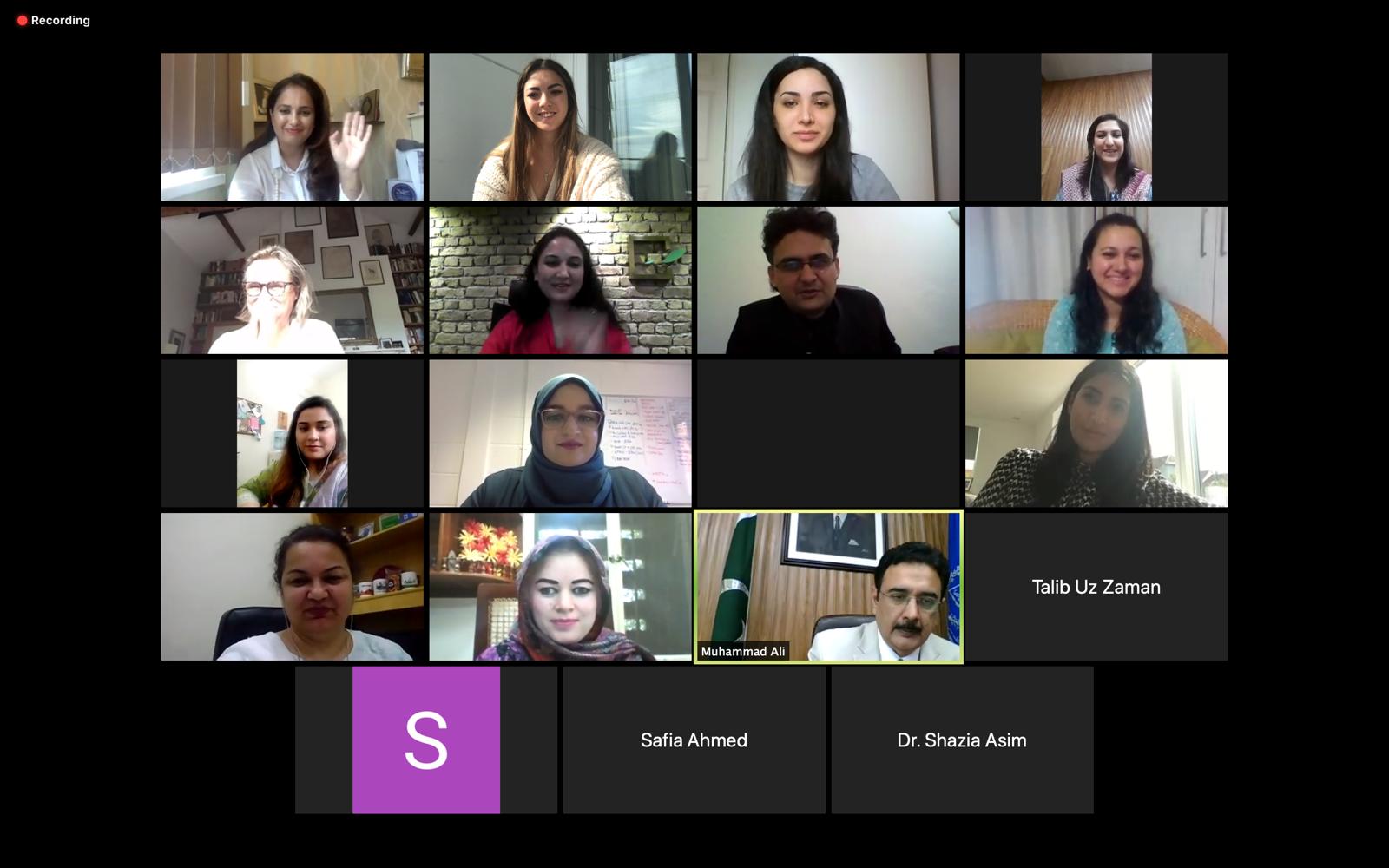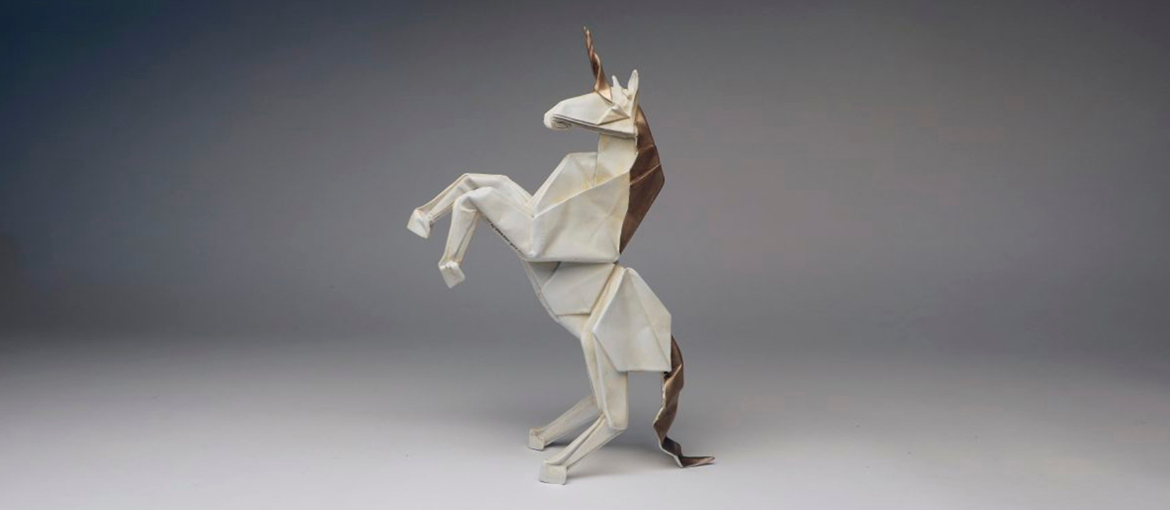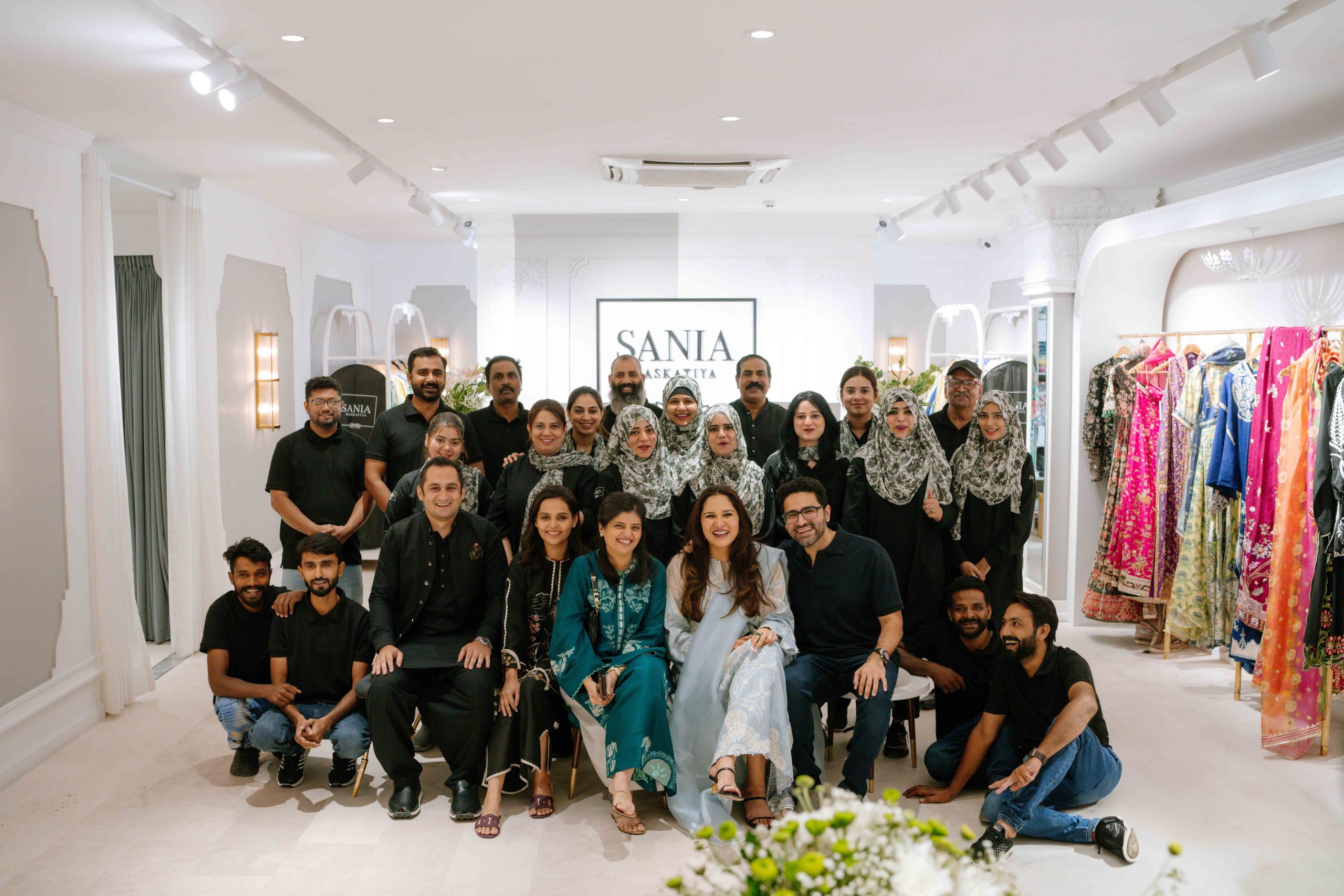A ground-breaking financial empowerment programme that will transform the lives of female university graduates.
By Emb Hashmi

Pakistan has been striving to break many records such as becoming crickets test match highest ranked team or being named top ten tourist destinations for adventure travel but lacks when it comes to the success of its 49.2% female population.
However, the rare success stories are overshadowed by the significant lack of females in its workforce. This is why Rise Together Pakistan was created. It is essential to empower female university students and provide them with the right opportunities.
The most notable female success story Pakistan has is that of the late Benazir Bhutto who was not just Pakistan’s first female Prime Minister, but also the first female leader of the Muslim world. More recently there have been viral stories of Suhai Aziz Talpur who became Pakistan’s first female police officer to reach the rank of ASP, Sharmeen obaid chinoy, the Oscar winner. Also more recently Pakistani born Nergis Mavalvalathe a astrophysicist who has become the dean of MIT school of science number one ranked university and of course the viral story of Dr Nigar Johar Khan who made history to become the first female general in Pakistan’s army and whilst these stories are refreshing and encouraging, they are not common place.
With all these shining examples one would think Pakistan is making progress in gender equality and women entering the workforce, however, it has been ranked third worst in the world by the Global gender index ranking it 151 out of 153. Third only to Iraq and Yemen.
To improve these statistics and tackle the prevalent gender inequality in the future workforce of Pakistan, a British charity, Rising Girl, whose board of trustees is made up of female Pakistan diaspora have launched a vitally important and ground-breaking gender equality programme focused on female university students.
The programme has been 16 months in the design stage as the initial research phase focused on finding out why young women who make up 60% of Pakistan’s university going population don’t move on to any career post-graduation. The research found that cultural, family and financial barriers coupled with a lack of opportunity and poor communication skills contributed to this decline.
The research was processed and analysed leading to the development of this programme. Each barrier recognised in research has a dedicated workshop, with each lesson plan oriented around discussion, role playing, quizzes, case studies, role models and skill enhancement.
To make Rise Together Pakistan impactful and more than just an educational programme it has singed Memorandum of Understandings with local NGO Ch.Adalat Husaain (AHT) and workshop delivery partners TiE Pakistan chapter and Seed Ventures. It has also developed a strong referral system through Pakistan 100 programme which hopes to develop today’s young people into leaders when Pakistan turns 100 in 23 years’ time.
These are crucial working partnerships that will give graduates of Rise Together Pakistan a real opportunity to become financially empowered once they graduate.
The biggest positive impact for Pakistan in embracing this new and hugely important programme is the overall economic benefit. For example, if more women were to enter the workforce, the country’s GDP can increase by a staggering $40 billion.
So, let’s allow, support and encourage all Pakistan’s Rise Together graduates and ambassadors to really break down the current barriers and push Pakistan’s ranking up on the global gender equality index in order to achieve success.
















